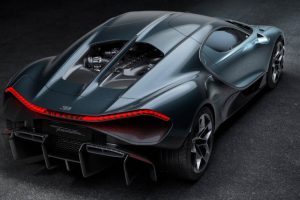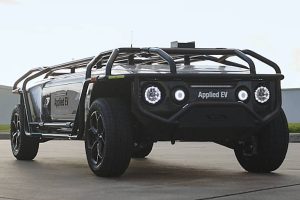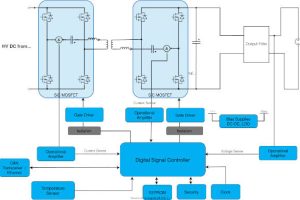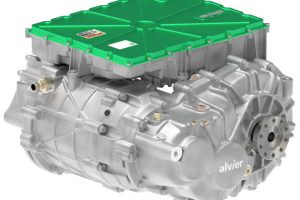
“Whilst the priority use for this Nyobolt EV is showcasing and testing the battery technology, Callum’s team has engineered it so that low volume production, for road or track use, is possible,” according to Nyobolt. “Nyobolt’s battery assembly plans are advanced and could be in production at low volume within a year, ramping to 1,000 packs in 2025.”
Nyobolt has intellectual property covering carbon and metal oxide anode materials, low-impedance cell design, power electronics and control software. “These support the electrification of industrial and automotive applications such as heavy-duty off-highway trucks, electric vehicles, robotics and consumer devices that demand high power and quick recharge cycles,” it said.
Initial in-vehicle testing, said Nyobolt, demonstrated 10 to 80% charging of its 800V 50Ah 35kWh battery in four minutes 37 seconds using a 350kW dc fast charger with the first four minutes at a constant 500A.
It also claimed 155 miles range from a 100% charge using the WLTP harmonised test, and also an estimated 120 mile range from the four minute 500A constant-current charge.
As well as high charge rate, the company claims long life. “Nyobolt’s 24.5Ah cells have already completed over 4,000 full depth of discharge fast charge cycles, equating to over 600,000 miles if used in the Nyobolt EV pack, while still retaining over 80 per cent battery capacity.”
Its 2.6Ah cells, it claims, can achieve over 4,400 cycles with 12C charging and 1C discharge at 23°C. “Crucially, the cell internal resistance rises by only 50% after 4,400 five-minute charge cycles.”
“Despite some OEMs showing fast charge times in the region of 15 minutes, a closer inspection reveals the charge is usually across a limited state-of-charge region specifically chosen to limit the amount of life taken out of the cell – for instance, between 20 and 80%,” said Nyobolt CEO Sai Shivareddy (pictured). “Typically, the charge profile will only hold these peak charge levels for a short amount of the charge time.”
Shivareddy founded Nyobolt in 2019 with fellow University of Cambridge battery and supercapacitor scientist Professor Clare Grey.
The demonstration car weighs 1,250kg. For heat management, the battery modules are cooled via cold plates and a water-glycol mix. Due to the low-impedance of the cells, components stay below 60°C during fast charging and driving, claims the company.
 Electronics Weekly Electronics Design & Components Tech News
Electronics Weekly Electronics Design & Components Tech News
